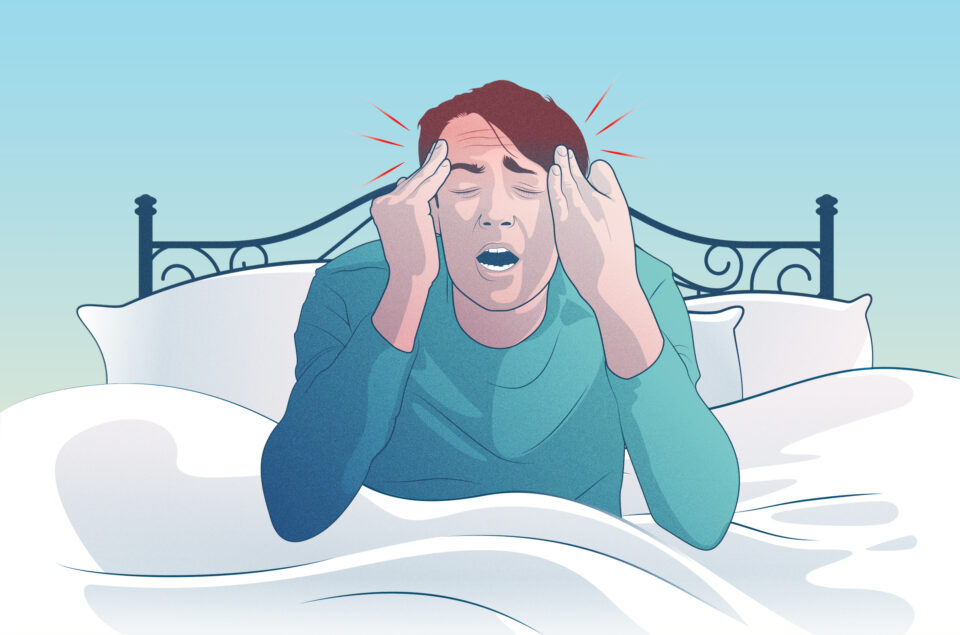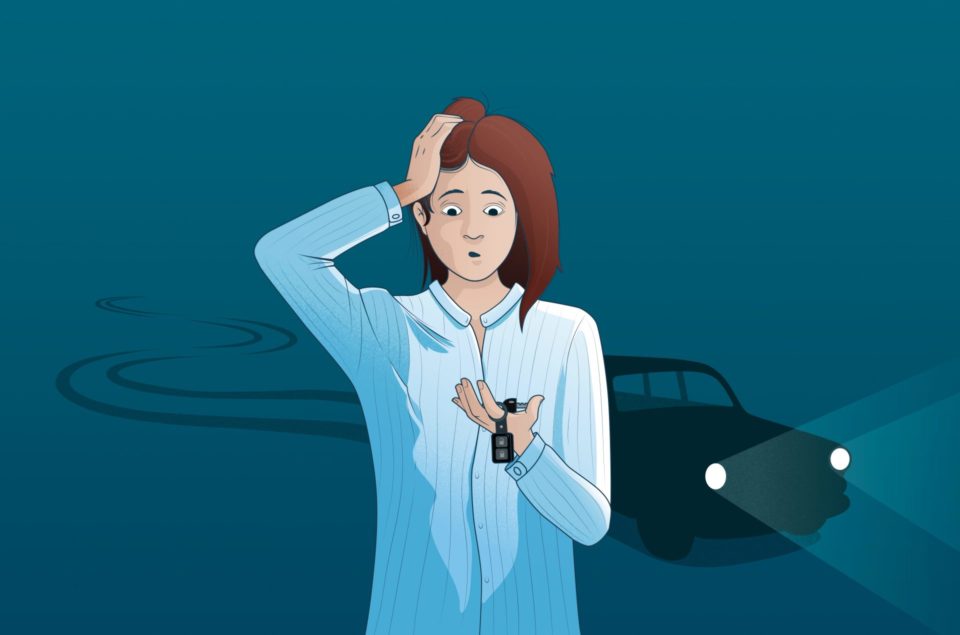Why good sleep routines are important – for everyone
What first comes to mind when you think of Alzheimer’s? Yes, it’s strongly associated with memory loss. But could the impact of the disease on sleep quality be the true culprit behind memory impairment? Maybe.
Is Alzheimer’s actually a sleeping disorder?
The relationship between Alzheimer’s and sleep is an area of intense, ongoing research. An article in Psychology Today: Is Alzheimer’s disease actually a sleeping disorder? refers to findings by researchers at UC Berkeley suggesting that poor quality sleep may be the missing link that connects amyloid buildup in the mid-frontal lobe of the brain to memory loss in Alzheimer’s patients. This area of the brain is largely responsible, not for memories, but for the generation of non-REM and slow-wave sleep. And less non-REM sleep causes memory impairments. So, it could be Alzheimer’s impact on sleep quality that affects memory, rather than the disease itself.
When night is day
For most of us, sundown is a signal to start winding down the day. We find ways to relax, enjoy a calm evening and slowly prepare for bed. For people with Alzheimer’s disease, however, this is often a time of increased agitation. And then comes the real challenge: a healthy night’s sleep. Why? Because the sleep/wake cycle is a special problem. Alzheimer’s and sleep disorders go hand in hand. This can include sleeping too much during the day and too little at night – waking up frequently to wander or yell. Understandably, poor sleep quality can exacerbate the symptoms of the disease and affect overall well-being.
You need sleep, too
If you live with or provide care for someone with Alzheimer’s, you know that the challenges of this disease go far beyond memory loss. It means another sleepless night, taking a toll on both of you. Especially you, since the care you provide each day requires so much love, energy and patience. This lack of sleep is stressful – affecting your physical and mental health. No surprise that sleep deprivation is often cited as a primary reason to move an Alzheimer’s patient to a nursing home.
Daily routines for managing sleep
The key is to manage the sleep problems associated with Alzheimer’s to enable adequate sleep on a regular schedule. An effective sleep routine very much depends on clear daily routines, including physical activity, such as walking or gardening, limiting daytime napping and having set times for waking, eating and bedtime. These steps can contribute to a healthier, more natural sleep/wake cycle.
Importance of a good night’s sleep
Results from a recent study in Sweden involving healthy young men suggest that acute sleep loss – even just one bad night’s sleep – may raise levels of a protein linked to Alzheimer’s. This could increase the risk of cognitive decline and Alzheimer’s disease decades down the road. Another study indicates that sleep may actually help protect the brain from Alzheimer’s.
When it comes to understanding Alzheimer’s, there are still many more questions than answers. But one thing is certain: a good night’s sleep is important for people with Alzheimer’s – and for all of us, really.
The National Institute on Aging offers 6 tips to help manage Alzheimer’s-related sleep problems:
- Help the person get exercise each day, limit naps, and make sure the person gets enough rest at night.
- Plan activities that use more energy early in the day. For example, try bathing in the morning.
- Set a quiet, peaceful mood in the evening to help the person relax. Keep the lights low, try to reduce the noise levels, and play soothing music if he or she enjoys it.
- Try to have the person go to bed at the same time each night. A bedtime routine, such as reading out loud, also may help.
- Limit caffeine.
- Use nightlights in the bedroom, hall, and bathroom.









